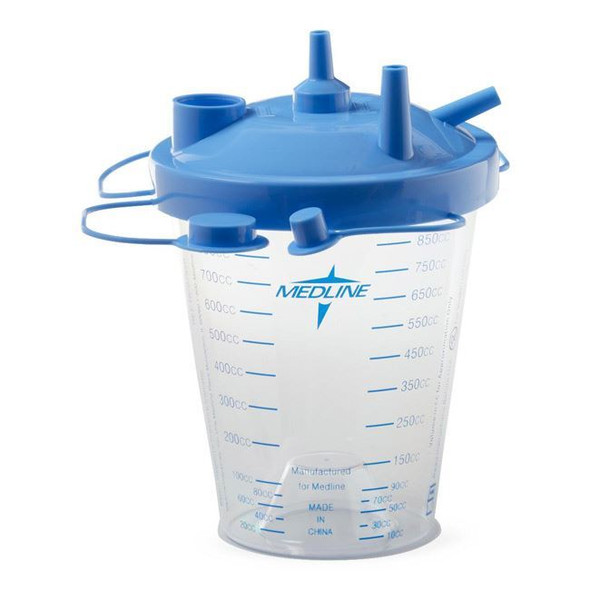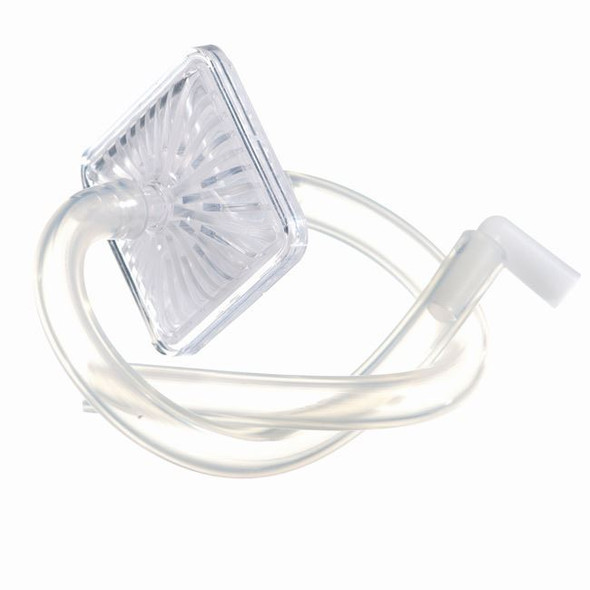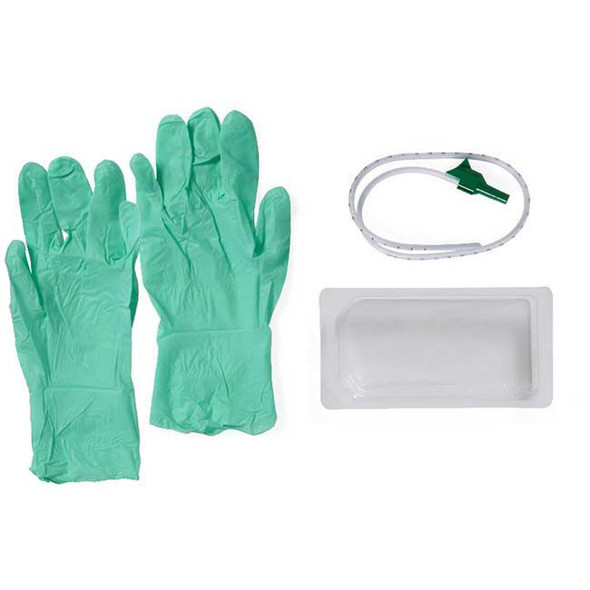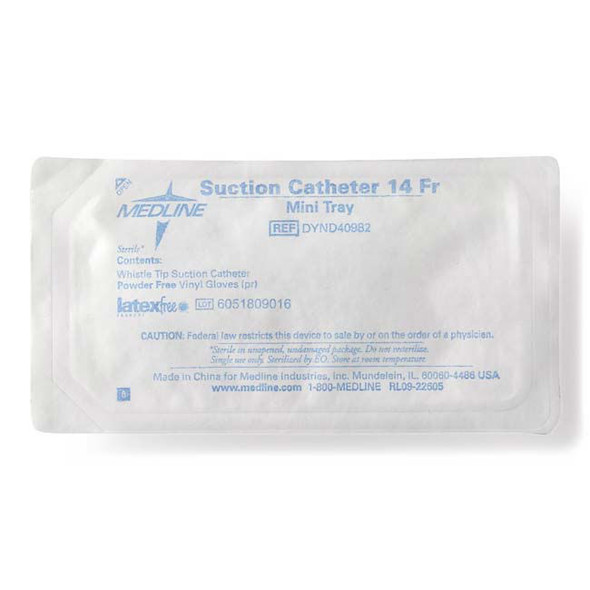
Quick view
Sku: 4196
Medline Industries
Medline Vac-Assist - Suction Machine/Aspirator Replacement Canister
$10.95 - $126.95
Retail Price:
Latex free850 cc Suction canister set with float style lidUse with MEDHCS7000-Medline Vac-Assist Suction machine/aspiratorMedline Vac-Assist - Suction Machine/Aspirator Replacement Canister features...

Quick view
Sku: 4195
Medline Industries
Medline Vac-Assist - Hydrophobic/Bacteria Suction Filter
$25.95
Retail Price:
Hydrophobic/bacteria filter Prevents damage to the pump Replacement part for MEDHCS7000Medline Vac-Assist - Hydrophobic/Bacteria Suction Filter prevents fluids and other contaminants from...


Quick view
Sku: 1902
Medline Industries
Medline - Bulb Syringe Aspirator
$2.80 - $131.95
Retail Price:
3 Ounce bulb syringe aspirator Ideal for safely removing secretions Cleanses nasal passages of newborns EconomicalMedline - Bulb Syringe Aspirator is ideal for safely irrigating smaller...


Quick view
Sku: 4613
Drive Medical
Drive Vacu-Aide Suction Machine
$460.45
Retail Price:
Drive Vacu-Aide Suction Machine
The Drive Vacu-Aide Suction Machine offers a reliable, portable solution for individuals who need suction therapy at home or on the go. Designed to make suctioning...


Quick view
Sku: 33711
Medline Industries
Medline Open Suction Mini Tray with 14 Fr Catheter and Gloves
$1.09 - $102.95
Retail Price:
Product Highlights: All-in-one solution for airway clearance Includes mini tray for irrigation solutions and Medline Aloetouch 3G Gloves Catheters feature easy-to-read depth markings and...









